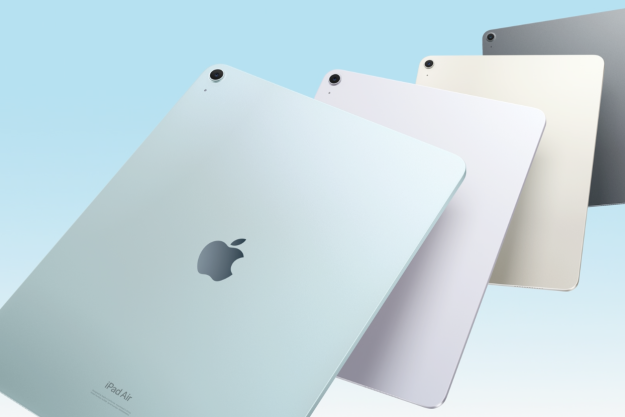
Multiple news outlets, among them Reuters and the Associated Press, suggested the move by the Transport Security Administration (TSA) was in response to a possible terror threat. An official announcement about the new rule is expected on Tuesday.
Passengers on mostly Middle Eastern and African airlines will be asked to check in electronic devices such as laptops, tablets, ebook readers, and cameras rather than carry them on as hand luggage. Mobile phones and medical devices are expected to be allowed into the cabin.
U.S. airlines are unlikely to be affected by the new rule, the reports said.
Notification of the ban went out in a TSA email described as “confidential” on Monday, with airlines given 96 hours to comply, according to the Guardian.
An unnamed U.S. government official told CNN that embassy officials have been contacting affected airlines to inform them of the change in rules.
In a tweet that has since been deleted, Royal Jordanian Airlines told its passengers that on flights to and from the U.S., “carrying any electronic or electrical device on board the flight cabins is strictly prohibited.”
It added that “laptops, tablets, cameras, DVD players, and electronic games … etc, can be carried in the checked baggage only.”
The airline said the rule will go into effect on March 21, suggesting an official announcement could be coming from the TSA in the next 24 hours.
It’s currently unclear which specific airlines are likely to be impacted by the new regulations, though full details are expected to be disclosed some time on Tuesday.
The advice to passengers who don’t want to be caught up at check-in having to repack their possessions is to keep an eye on the news in the coming days, and, if in any doubt, to check with their carrier before heading to the airport.
Editors' Recommendations
- 5G apocalypse is here as major airlines suspend U.S. flights
- TikTok and WeChat to be banned from U.S. app stores on Sunday
- U.S. may call a halt to its civilian drone program over security fears
- U.S. Interior Department grounds 800-strong drone fleet over security fears
- Global Honor 20 launch marred by fear, as Huawei gets squeezed by U.S. ban

